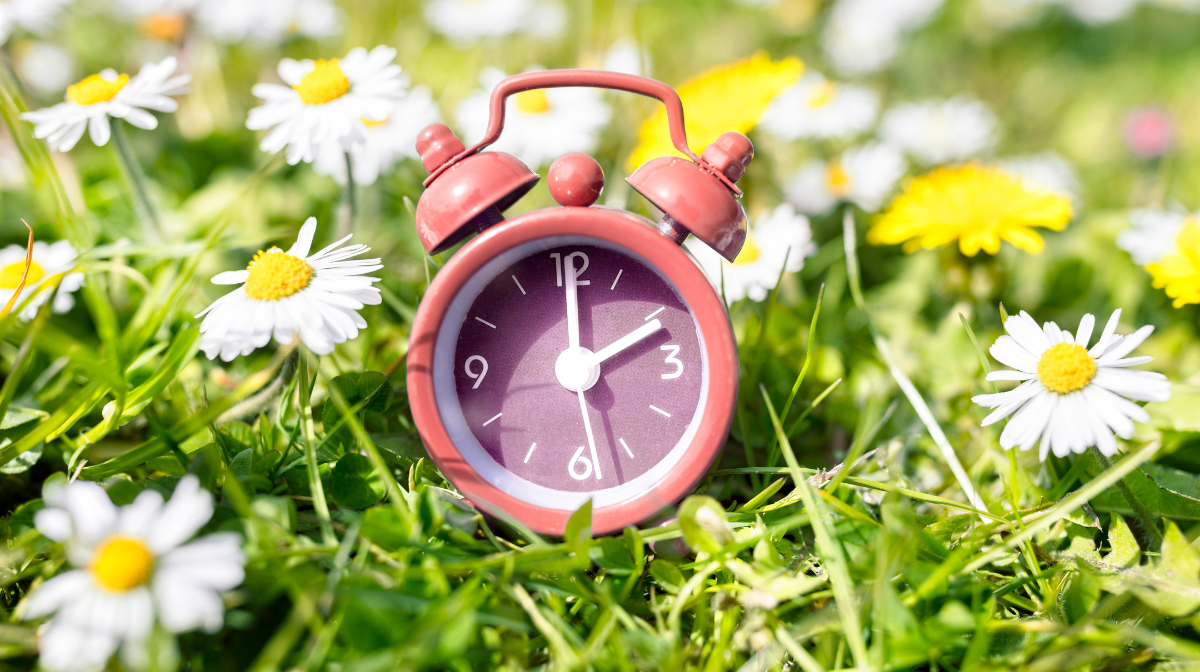Every year, when the clocks go forward, people all over the world struggle to adjust to the loss of an hour of sleep. For many, this change can lead to feelings of fatigue, disorientation, and stress. However, there are ways to make the transition easier, and to ensure that you don’t feel too negatively impacted by the time change. In this blog, we will be discussing the effects of the daylight saving time and offering tips and advice on how to cope with the time change.
The Effects of the Clocks Going Forward
The clocks going forward can have a profound effect on our bodies, our sleep patterns, and our overall health. In the days following the time change, many people report feeling more tired, more stressed, and more irritable than usual. This is due to the fact that our bodies are still trying to adjust to the new time, and our internal circadian rhythms can be disrupted.
In addition to the physical effects of the clocks going forward, there can also be emotional effects. For some, the change in time can trigger feelings of anxiety and fatigue, leading to a decline in mood and overall well-being. This is because the body is not used to the change, and it can take several days or even weeks to fully adjust.
Tips for Coping with the Time Change
1. Gradually adjust your sleep schedule
In the days leading up to the clocks going forward, try to adjust your sleep schedule gradually. This will help your body get used to the new time before it is actually implemented. Aim to go to bed and wake up 15-30 minutes earlier each night, so that your body is more prepared for the change.
2. Get plenty of natural light
Natural light plays a crucial role in regulating our circadian rhythms, so make sure to get plenty of it in the days following the clocks going forward. Go for a walk outside in the morning, or spend time in the sun during the day. This will help your body adjust to the new time and feel more awake and alert.
3. Limit caffeine and alcohol
Caffeine and alcohol can both interfere with your sleep patterns and make it more difficult to adjust to the time change. Try to limit your intake of these substances in the days following the clocks going forward, and avoid consuming these types of stimulants in the evenings.
4. Exercise regularly
Exercise is a great way to boost your energy levels and help your body adjust to the time change. Aim to get at least 30 minutes of physical activity each day, and try to exercise outdoors if possible to get plenty of natural light.
5. Stick to a consistent sleep schedule
Finally, it is important to stick to a consistent sleep schedule in the days following the clocks going forward. Try to go to bed and wake up at the same time each day, and avoid staying up too late or sleeping in. This will help your body get used to the new time and adjust more quickly.
The clocks going forward can be a challenging time for many people, but with the right strategies and tips, it is possible to make the transition easier. By gradually adjusting your sleep schedule, getting plenty of natural light, limiting caffeine and alcohol, exercising regularly, and sticking to a consistent sleep schedule, you can help your body adjust to the time change and avoid the negative effects it can have on your health and well-being.
Discover More On Sleep

How to Improve Sleep?
Discover out natural tips on how to improve your sleep naturally, from your environment to being consistent, we share our tips

Why do we need sleep?
We answer the basic questions on why we need to sleep and answer that age old question, is napping actually good for you?

Put the zen in your ZZZZZs
Do you know how gut health and sleep are connected and how gut health and sleep quality go hand in hand? Learn more here.
Related Articles








